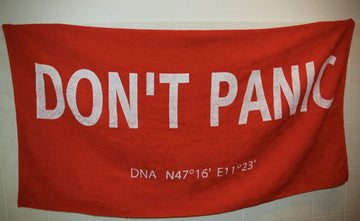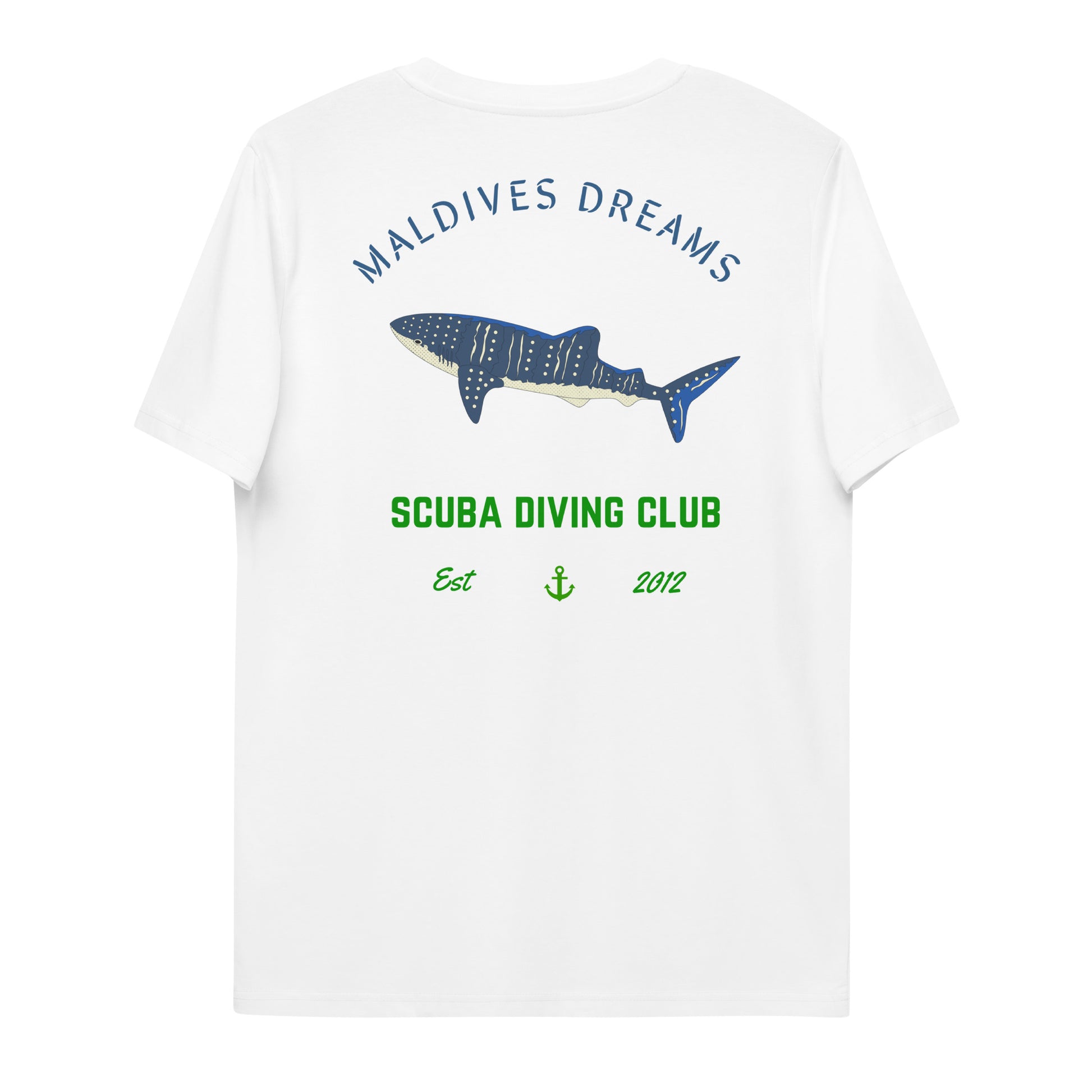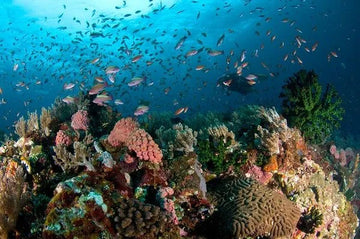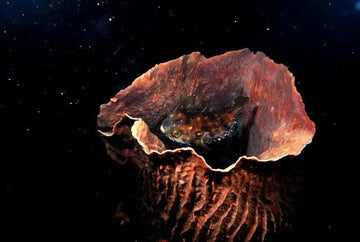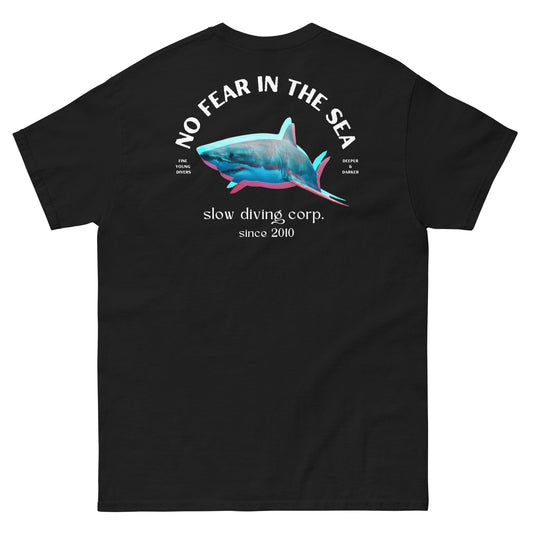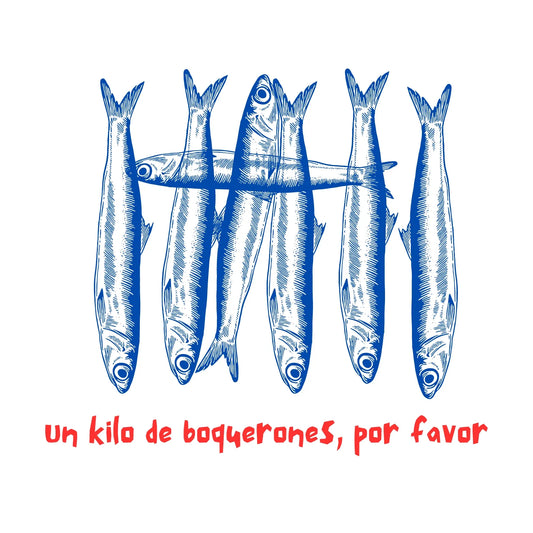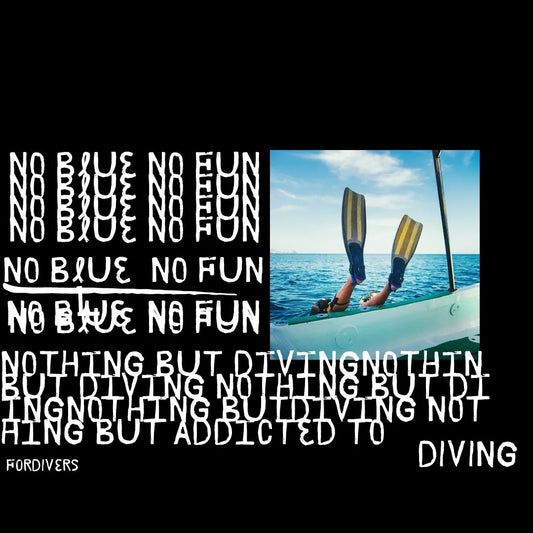Panic attacks among divers are more common than they may seem and should not be taken lightly because of their consequences. Although there is no consensus, diving safety associations such as DAN suggest that panic attacks play an important role in many serious and even fatal diving accidents. Some analysis estimate that one-fifth of diver fatalities are due to panic attacks. Others suggest that the vast majority, up to 85%, are due to panic attacks during the dive.
After the accident, it is often revealed that the diver who has suffered the accident has not had any issues with the equipment. For example, he has the weights on and it is simply not known what caused the accident. However, it should also be noted that there are usually at least two important factors involved in these fatal incidents.
What is a panic attack?
We are going to explain what is a panic attack and how to avoid it as much as possible according to DAN recommendations and different medical studies specialized in diving accidents so that, if you suffer it underwater, you will know how to identify it and alleviate the problem.
T-shirts designed by divers for divers
VIEW MORE T-SHIRTS FOR DIVERS
It is important to keep in mind that we are talking about occasional underwater panic attacks. Nothing you read here can replace the personalized treatment of your doctor or therapist if you suffer from continuous episodes of panic. If you have any doubts about this, nothing better than consulting your doctor. Each case, person and diver is different and should be treated individually.
Nothing but a chemical process
A panic attack is defined as a period in which the individual suddenly suffers an intense fear or dread with a variable duration. These attacks appear suddenly and for no obvious reason. During the attack, very intense physical symptoms such as tachycardia, breathing difficulty, pulmonary hyperventilation, tremors or dizziness occur. This feeling of panic is produced by a massive secretion of adrenaline in the bloodstream following an order from the sympathetic nervous system in the face of what it perceives as a great threat. It is not to be confused at any time with cowardice, it is simply a chemical process.
If the attack takes place on the surface and we can receive help, it can be a difficult situation but without major transcendence. In our case, taking into account that we are talking about divers who are several meters below the surface, with the need to be connected to the air tank on their back... The situation is certainly not the same and has to be taken very seriously.
When we suffer a panic attack, we breathe rapidly and shallowly and may suffer hypoxia or oxygen deficiency. If this happens on the surface it can ultimately lead to fainting. Underwater it will push us to act irrationally and prevent us from thinking coldly to solve the problem. Ultimately this difficulty in breathing will push us to remove the regulator from our mouth thinking that the problem lies in the equipment, which does not provide air, and pushing us to the surface leading to possible problems such as decompression sickness or lung overexpansion.
What can cause a panic attack?
A panic attack is as unpredictable as a heart attack. It is not really known why someone, whether underwater or out of water, would have a panic attack, but it seems to be influenced by both physical factors and the state of mind in the moments leading up to the attack. Just as you can try to prevent a heart attack with good nutrition and exercise, it is possible to prevent a panic attack from becoming a serious problem.
Hoodies Designed for the Deck of Your Liveaboard
SEE MORE SWEATSHIRTS FOR DIVERS
A study conducted in 2000 by David & Lynn Colvard examined more than 12,000 divers who had experienced panic during their dives in an attempt to discover the causes. Respondents were offered a list of 43 possible reasons for panic, such as "sharks," "darkness," "shortness of breath," and so on. The options were divided into three categories, relating to diving conditions, equipment problems, or physical and psychological problems. Participants were asked to evaluate which of these threats had been present during the panic attacks. Among the 43 possible threats, the three most selected options in each category were the last: "other". In other words, the causes that triggered the panic reactions were not the most obvious ones. In most cases, the triggering reason was something trivial, something that no one would see as a reason to cause panic at another time.
My experience with panic attacks while diving (more like panic attack) was when I had to follow the guide through a crack in a reef. The guide passed through without any problems but when it was my turn to follow him I felt that I was running out of air, perhaps at the thought of being trapped in that narrow space, and I started pulling on his fin like crazy because I felt I was suffocating. Was it the narrow space through which I had to pass that led me to suffer that attack? Considering that I passed, as 6 other teammates passed behind me, and that no one referred to that moment as complicated, it was obviously an irrational fear.
Can a panic attack be prevented?
There is no consensus on this either. What we can do is try to minimize the effects if it ever happens and work out a priori how we will deal with a situation that causes us stress. In most cases, the stress that triggers that attack has been at work for hours and sometimes even days. It just shows up at the most inopportune moment. The goal, if it happens, is to try to avoid it by reducing the psychological pressure.
One of the best ways to reduce and try to avoid the attack is to practice in controlled spaces stressful situations that could occur in a dive and that force us to maintain control and calm. If we can simulate some of the situations that scare us the most, all the better. In this way we will train the mind to think in situations of high adrenaline rush that will be similar to the sensations you have when you suffer a panic attack. Are you afraid of losing your mask, regulator or low visibility situations? Go with your buddy to a quiet area at shallow depth and try it out.
Most diving schools in their Open and Advanced Open Water courses require students to take off and put on their masks while trying to maintain neutral buoyancy. Practice it, exchange it with your buddy, exchange your air as well... practice complicated situations. It will force you to be relaxed and focused on breathing deeply while facing a complicated situation. With a real panic attack there is very little the rational part of the brain can do to stop it quickly. The body needs several minutes to absorb the adrenaline and at that point the risk of taking wrong actions increases.
Here is an example of Divemasters training to cope with stress and stay focused in the face of different difficulties that may be encountered on a dive:
Before a dive it is interesting to ask yourself if you are anxious, analyze if you are breathing too fast and too shallow. If so, try to relax and delay the dive or postpone it if you don't succeed. Diving without wanting to do it, with fear, is a trigger for panic.
Try to visualize the problems that may occur and their solutions. In sport psychology, visualization has been shown to be a powerful weapon against anxiety, stress and panic. Also think about what you will do in situations that could put you on the verge of that attack: see a shark? lose contact with your dive buddy? equipment failure? Having an action procedure thought out, prepared and rehearsed for all these situations will help the panic go away.
How to deal with an underwater panic attack
According to a study conducted in 1995, 65% of divers had suffered an episode of panic underwater, regardless of experience, training or level, so as no one is free from suffering one of these attacks at some point we believe it is appropriate to offer a series of tips so that if you ever suffer one, you know how to act.
The main thing would be to identify that we are suffering a panic attack. The first thing you feel is the loss of calmness and an increase in the frequency of breathing. Basically you feel that no air is coming out of the regulator. What really drives the attack is that feeling of no air entering your body. You will need to call for help urgently and at the last instant, your head will ask you to get out of the water. Of course, all this happens in a few seconds, but it is enough to solve it if we keep calm.
 Just breathe and control the situation. Image by Bruno Bernardes
Just breathe and control the situation. Image by Bruno Bernardes
As soon as you feel the sensations that tell you that you are suffering the attack, you must follow three steps: relax, make an effort to breathe deeply and think that there is no real danger. Then let your partner know so that he or she can stay by your side and concentrate on you for as long as you need.
The key is to realize that there is no problem (if indeed there is nothing more than a panic attack and not a malfunction in the regulator or the bottle) and to think about the stressful situations practiced before because it will allow you to breathe calmly. Breathing deeply again, from the stomach, will make the attack pass quickly. If necessary of course cancel the dive, but you don't have to, it is possible that it will go away quickly and you will continue to dive without difficulties.
It is almost impossible to panic when you are breathing deeply. Train yourself to "Stop, Breathe, Think and Act" when something unexpected happens.
More information and sources:
https://www.danasiapacific.org/main/diving_safety/DAN_Doc/pdfs/panic2.pdf
https://www.diversalertnetwork.org/ebook/DANMedicalFAQ.pdf
https://sites.google.com/site/divepsych/stress-panic-management-for-divers

